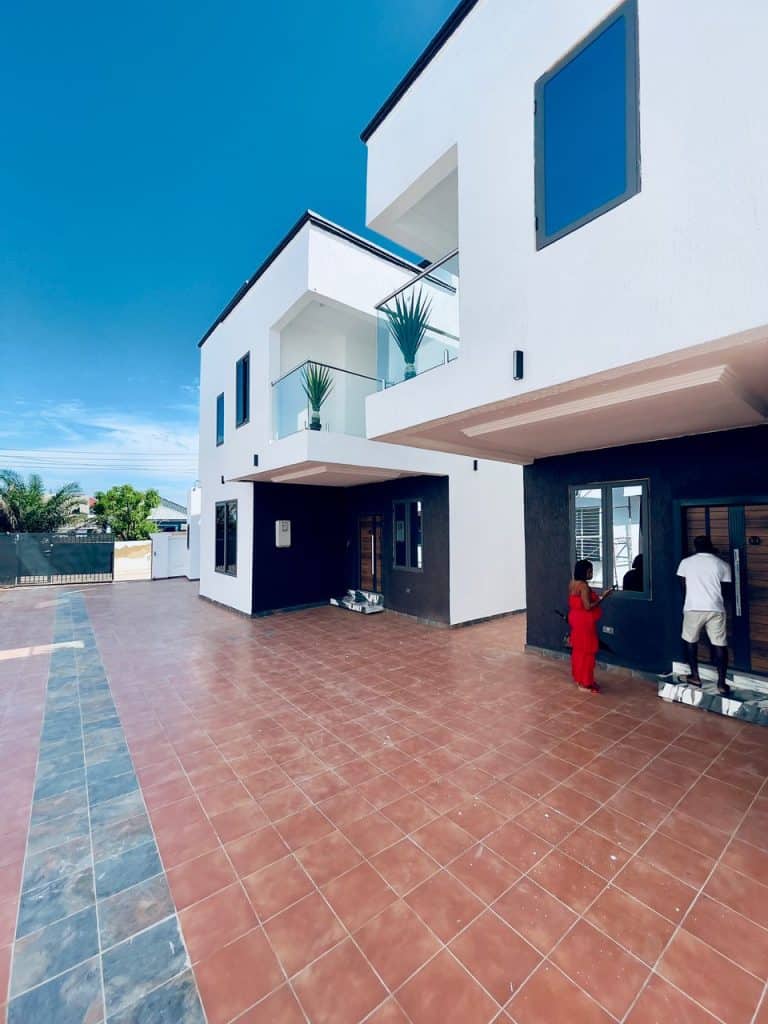This is a premium article written by one of our experts.
Check out

Expat Guide to Ghana Police: Legal Rights & Key Procedures
Interacting with law enforcement in a foreign country can feel daunting, especially when navigating unfamiliar legal systems and cultural norms. For expatriates living in Ghana, understanding your rights and obligations under Ghanaian law is essential not only to protect yourself but also to avoid unnecessary complications.

Culture Adjustment in Ghana: Navigating Social & Business Norms
Whether relocating for a career opportunity, reconnecting with your heritage as part of the diaspora, or exploring a new chapter of life, understanding the interplay between Ghana’s communal values, social hierarchies, and relationship-focused business culture is key. Each conversation, handshake, and shared meal takes you closer to fully immersing yourself in the local way of life.

Relocation Strategies: Explore Ghana Like a Future Resident, Not a Tourist
This is a premium article written by one of our experts. Upgrade to Navigator or Pathfinder read the full article

Do Dual Ghanaian Citizens Need to Complete National Service?
National Service isn’t merely a policy—it is a requirement rooted in Ghanaian law for all its citizens who have completed tertiary education. However, factors such as an individual’s proximity to Ghana, educational background, and the program’s enforcement mechanisms can alter how these obligations are applied.

A Modern Oasis in Nmai-Dzorn: A Review of a Stunning 3-Bedroom Townhouse
This is a premium article written by one of our experts. Upgrade to Navigator or Pathfinder read the full article

Understanding Ghana’s Cedi Exchange Rate: What Expats Need to Know About Cost of Living and Inflation in 2025
Planning to move to Ghana in 2025? Be aware that a strengthening cedi doesn’t automatically translate to cheaper living. While currency gains may look promising on paper, the reality often involves grappling with high costs for housing, groceries, and utilities driven by inflation and persistent supply chain inefficiencies.
One Comment
Comments are closed.